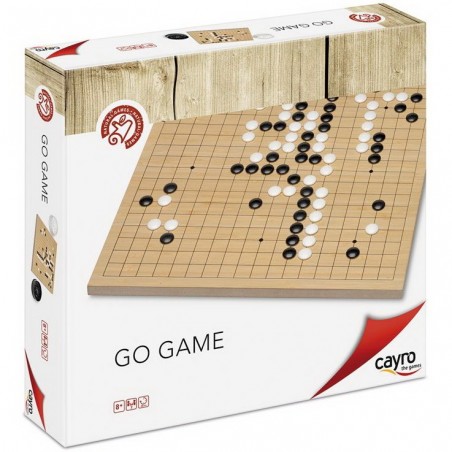
Flash 8
Esgotado
Restock



RESTOCK
Enquanto aguardamos pela chegada de mais unidades deste artigo, poderás desde já comprar e garantir uma dessas unidades. O tempo estimado de chegada ao nosso armazém pode ir de 1 semana até 2 meses.
Uma encomenda que contenha pelo menos um artigo "Restock" apenas será enviada quando estiver completa, pois pressupõe apenas um envio.
Para receberes já outros artigos que temos em stock recomendamos fazeres uma encomenda separada.
Editora Cayro
Idioma






Dependência de idioma (0-4) 0. Nenhuma
Nº Jogadores 2
Duração Entre 1 a 2 horas
Autor (Unknown)
Idade Mínima 8
Temas Abstract Strategy
Mecânicas Enclosure, Square Grid
Esgotado
Restock
Restock
Em stock